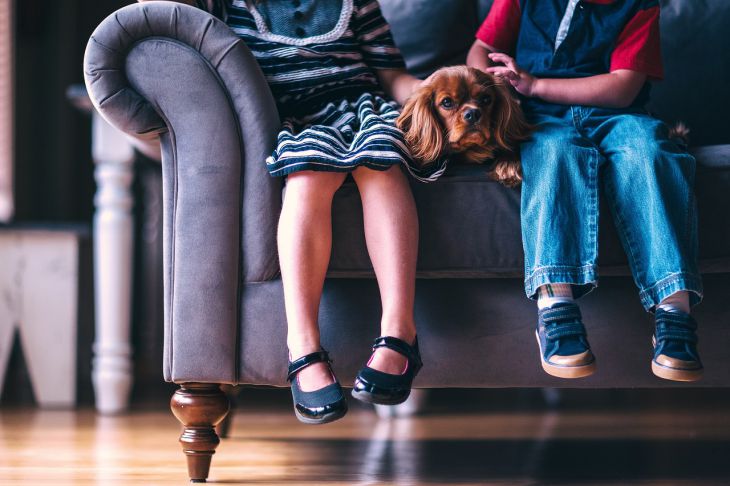Depression is a conditional concept and is characterized by several signs when diagnosing a medical nosology; thus, it is a disease and it is a diagnosis.
According to the law, only a qualified doctor can assume it, let alone confirm it, or prescribe therapy. For this reason alone, it is necessary to stop trying to diagnose yourself or others. And to engage in "self-medication" at your own risk.
A qualified doctor will not give advice or consult remotely - based on text or even the "spoken" part of the anamnesis (explanation of complaints by the patient). In the international classification of diseases, depression is defined by more than 12 different compositions (variants), and is correctly called an affective mood disorder (note - not of the psyche, but of the mood).
Nevertheless, it has become “fashionable” to assume depression in today’s turbulent world, both among adults and children, says psychologist Andrey Kashkarov . What is not called and justified by this capacious and popular word. Taking into account the above important clarification, we can correctly give only general advice.
"I don't want anything," says the child, and his external actions are manifested by passivity for several days. This can also be accompanied by tears, conditional whims and lack of appetite. The desire to lie down, to be alone or to watch cartoons as a "background" - in the same theme.

A significant deterioration, relative to the previous condition, is observed in personal hygiene and disruption of the established daily routine. At the same time, there are no physical or other medical ailments, including injuries or elevated (at least subtle) temperature. Face-to-face - "live", natural contacts, socialization is reduced - he (she) simply does not want it. And communication on social networks can be maintained in some cases.
Conditional depression may be associated with anxiety about some upcoming events or planned activities for which the developing personality feels unprepared or fears someone's reaction to his (or someone else's) behavior.
For example, a quarrel in kindergarten, in the yard or at school, shame for an action, or maybe even unrequited feelings. The simplest example is an upcoming difficult test or exams. A trip to visit or to nature with a previously unknown person, conditionally a "new relative". Some are afraid in principle even of new unknown places.
It is appropriate to recommend determining the child's condition by such signs. As was said to interested parties in the first paragraph, there is no need to rush to "call" all this depression, although it is your will. It is "treated" with simple methods.
If there are no other medical or "chemical" (narcotic, including alcohol) disorders, such an affective disorder goes away on its own - in 1-3 days. If it drags on for a week or more - then it is appropriate to contact a specialist in a medical institution, and you can wait and be patient for 1-3 days. Next, you need to pay attention - have the child had similar conditions before. How did they pass? It is quite possible that this is not a disease, but a natural and characteristic reaction to difficulties, apparent danger, etc. for your child. If so, it goes away on its own. You can help in several ways.
Introduce mandatory planning of things for the near future – make a plan for the day together and be sure to follow it. Conditional depression, mood swings and Byronic melancholy are afraid of discipline.

Motivate your child with new events that are interesting to him (this helps a lot against the background of unpleasant expectations) - promise and do something that he has long dreamed of (a movie, a toy, “goodies”, an event, fishing - anything).
Ask and monitor the recording in the diary of what he/she thinks and feels; this conventionally old form of reflection on events, as an anachronism of the era, is prematurely written off as scrap; but it will help you and the child in analyzing the situation later, including in subsequent similar situations.
Change your diet towards “energetic” natural products – fruits and especially vegetables – vitamin salads are good.
Let them sleep well, but don’t leave them alone. Talk, ask questions, empathize. Having gained attention, trust, and frankness, remember and tell stories from your childhood on occasion – how you personally coped with the situation and what helped you.
Sports activities "despite not wanting to" will also help - jogging, other elements of track and field, swimming pool and contrast shower. It is appropriate to set an example. All this is beneficial, and the list of recommendations can be huge. But the main thing among other things is a sincere feeling and attention to the child, his problems, even defined by a child, parental love, above which in such a situation, perhaps, there can be nothing.








